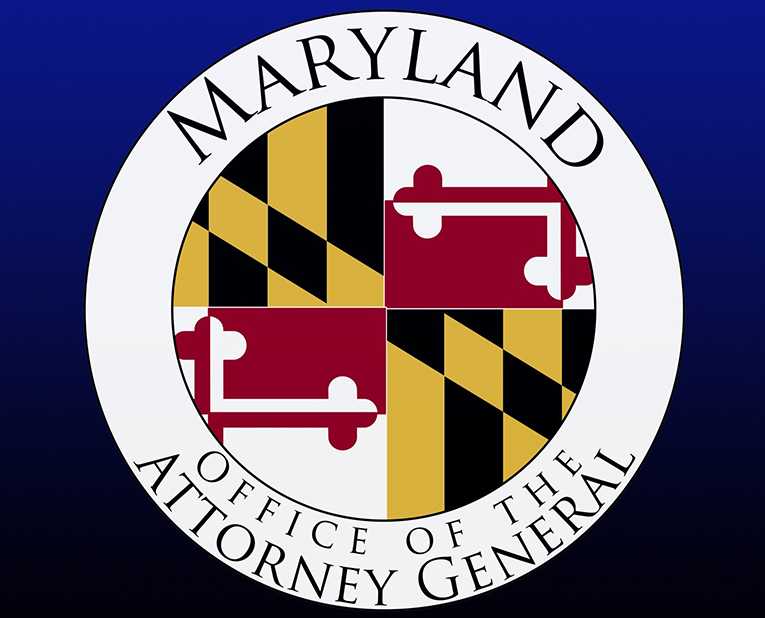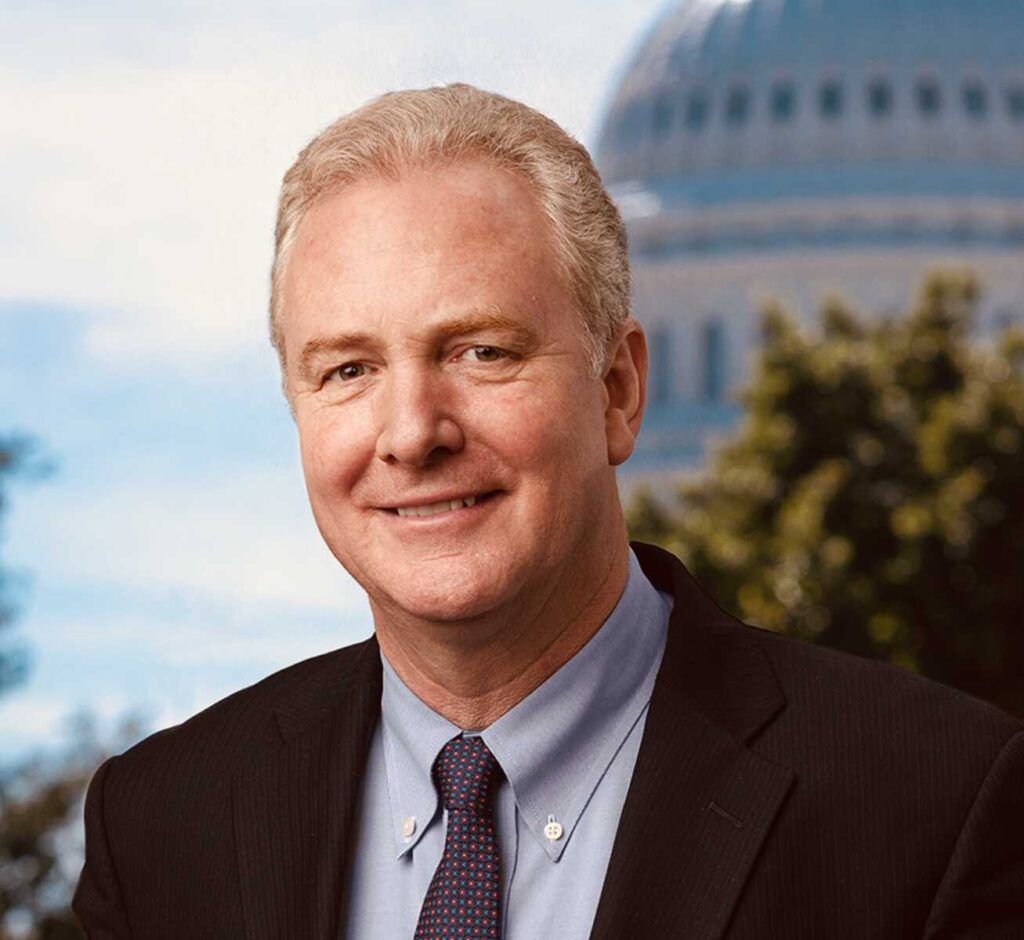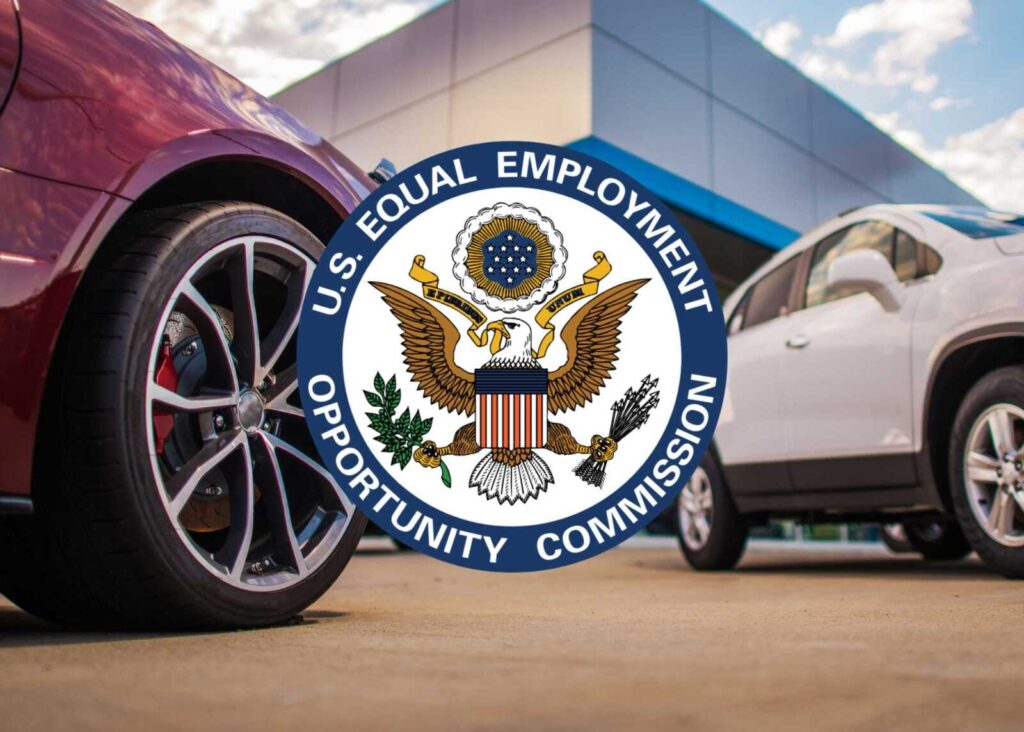The Environmental and Climate Justice Block Grant Program was established under the Inflation Reduction Act to assist communities that are disproportionately affected by pollution and climate change. Attorney General Anthony Brown has joined 20 other attorneys general in filing an amicus brief in support of a lawsuit contesting EPA’s termination of the program.
According to the press release that was sent out on Tuesday, July 8: Attorney General Anthony G. Brown joined 20 other attorneys general in submitting an amicus brief in support of a case alleging that the Environmental and Climate Justice Block Grant Program was unjustly terminated by the U.S. Environmental Protection Agency (EPA). Congress established the grant program under the 2022 Inflation Reduction Act with the goal of giving communities that are disproportionately affected by pollution and climate change vital support.
The coalition and Attorney General Brown are pleading with the court to halt the program’s abrupt and illegal termination and grant cancellations, arguing that they have already caused extensive harm throughout their states, especially in communities of color and low-income communities. The lawsuit is still pending.
According to Attorney General Brown, the Trump administration cut off about $63 million that Maryland’s colleges, nonprofit organizations, and local communities relied on to fight the catastrophic effects of pollution and climate change. For years, members of marginalized communities have been unfairly burdened by environmental hazards and denied the opportunity to participate in the decisions that would help preserve their homes and families. Our office will continue to battle to maintain clean air and water for all Marylanders.
Attorney General Brown and the coalition stress in the brief filed in Appalachian Voices v. EPA that the federal government is causing significant, long-lasting harm to vulnerable communities already facing disproportionate pollution burdens and the intensifying effects of climate change by ending this grant program. The environmental and public health challenges that these communities—which are frequently low-income, communities of color, indigenous, or in rural areas—face overlap.
The attorneys general emphasize that historical discriminatory practices like redlining, racial segregation, and a systematic lack of investment in underprivileged neighborhoods have exacerbated these issues. In addition to having limited access to basic necessities like safe drinking water, these communities frequently lack the resources necessary to recover from natural disasters or lessen the effects of climate change.
Under the Inflation Reduction Act of 2022, Congress established this award program, requiring EPA to allocate $3 billion in funds expressly to assist in addressing these discrepancies. According to estimates, Maryland entities earned roughly $62.7 million in federal cash through the program. Grantees have now been compelled to freeze employment, stop programming, and lay off employees as a result of the abrupt cessation of these subsidies.
The group and Attorney General Brown point out that EPA’s widespread termination of the Environmental and Climate Justice Block Grant Program is in violation of both basic constitutional principles and explicit congressional directives. Using mandatory language in the Inflation Reduction Act, Congress instructed EPA to disburse these money; the agency was not given the authority to unilaterally stop providing this assistance.
To guarantee that the environmental justice awards continue to be available for the communities that sorely need them, the coalition is pleading with the court to grant the plaintiffs’ application for a preliminary injunction.
The attorneys general of Arizona, California, Colorado, Connecticut, the District of Columbia, Hawaii, Illinois, Maine, Massachusetts, Michigan, Minnesota, New Jersey, New Mexico, New York, North Carolina, Oregon, Rhode Island, Vermont, and Washington have joined Attorney General Brown in filing this brief.











